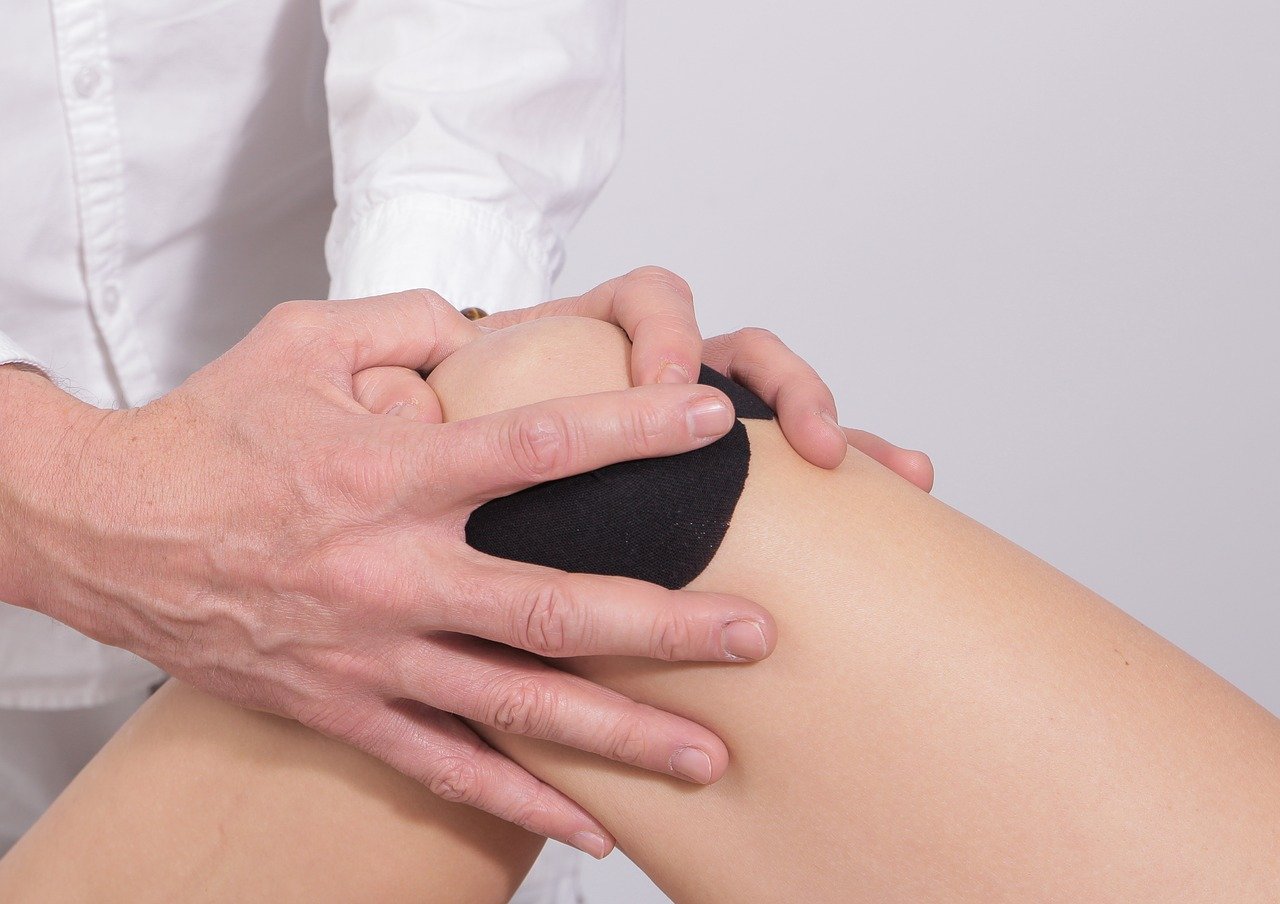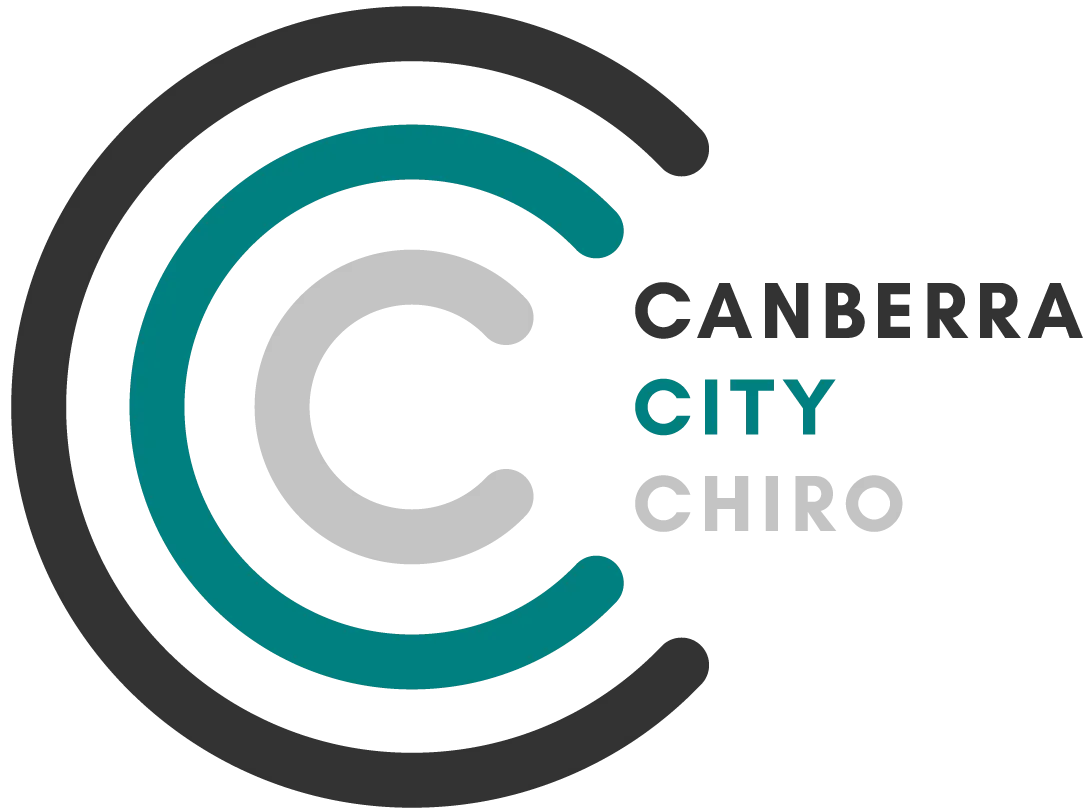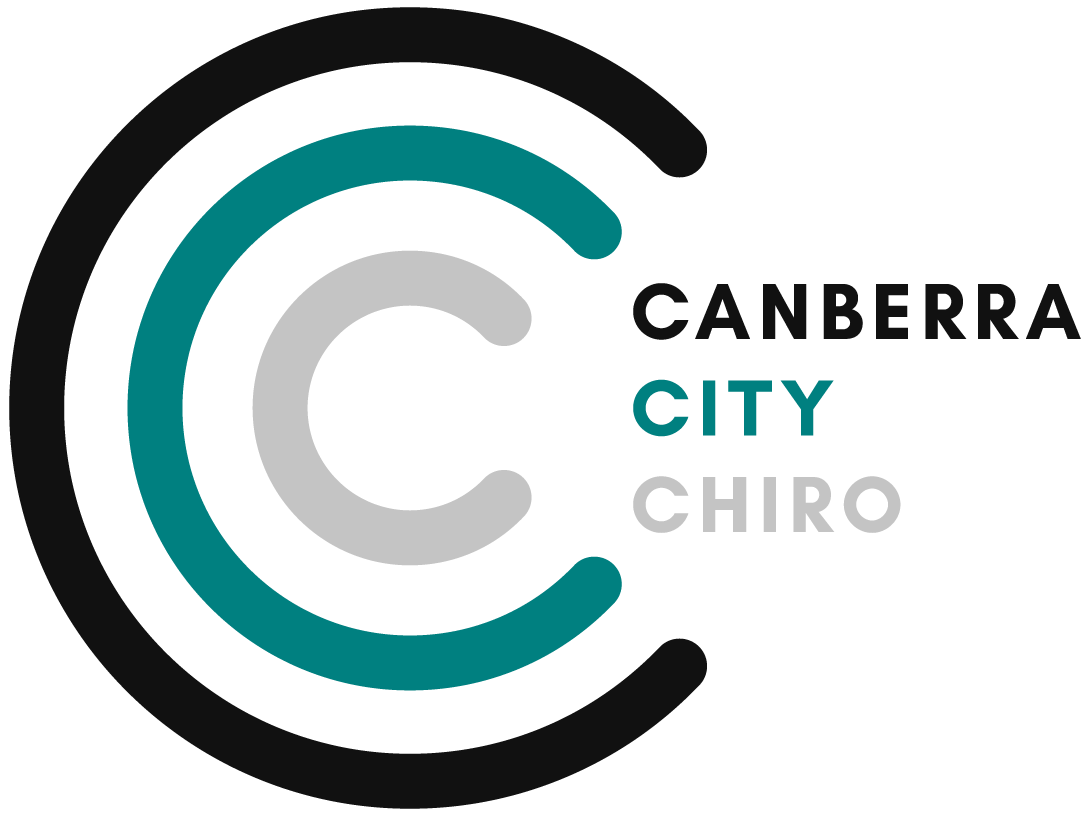Canberra Hypnotherapy Clinic,
Suite 2 42 Geils Ct, Deakin ACT 2600
(02) 6106 9977
Click "Contact Us" below
blog
More Information regarding your pain and how we can help

How Chiropractors help with treating Migraines
How Chiropractors Help With Treating Migraines
What are Migraines?
Migraines are a neurological disorder characterized by recurring episodes of moderate to severe headaches, often accompanied by other symptoms such as nausea, vomiting, and sensitivity to light and sound. The underlying causes of migraines are not fully understood, but they are believed to be related to changes in the levels of certain chemicals in the brain and imbalances in the nervous system. Migraines can significantly impact quality of life and can be challenging to manage with traditional medical treatments. Chiropractic care is a non-pharmaceutical treatment option that has shown promise in reducing the frequency and severity of migraines (1).
What Causes Migraines?
There are various factors that can contribute to the development of migraine attacks. Some of the most common triggers include hormonal changes, stress, sleep disturbances, dehydration, certain foods or drinks, and environmental factors such as bright lights or strong odors. Additionally, genetics and underlying neurological conditions may play a role in the onset of migraines. Understanding the underlying causes of migraines can help in the development of effective treatment plans.
Different Types of Migraines/Headaches
Tension Headaches
Tension-type headaches are the most common type of headache and are often described as a band-like pressure around the head. Chiropractors may help treat tension-type headaches through a variety of techniques, including spinal manipulation, soft tissue therapy, and exercise prescription. Studies have shown that spinal manipulation and soft tissue therapy can be effective in reducing the frequency and severity of tension-type headaches (2). Chiropractors also work with patients to identify triggers, such as stress or poor posture, and make lifestyle modifications to prevent future headaches. In addition, exercise prescription has been shown to be an effective adjunct to chiropractic care in managing tension-type headaches (3).

Cervicogenic Headaches
Cervicogenic headache is a type of headache that originates from the neck and is often misdiagnosed as a migraine or tension headache. It is caused by irritation or injury to the upper cervical spine and its associated soft tissues. Chiropractors use a variety of techniques to address the underlying causes of cervicogenic headache, including spinal manipulation, soft tissue therapy, and exercises. Research has shown that chiropractic care can be effective in reducing the frequency and severity of cervicogenic headache (7)(8). By improving the mobility and function of the cervical/thoracic spine, chiropractors can alleviate nerve pressure and reduce inflammation, which can lead to a significant reduction in symptoms for patients suffering from cervicogenic headaches.
Cluster Headache
Cluster headaches are severe headaches that occur in cyclical patterns or clusters. They are often described as excruciating, and can cause severe pain around the eye area. Chiropractors may help treat cluster headaches through a variety of techniques, including spinal adjustments, soft tissue therapy, and lifestyle modifications. Research has suggested that chiropractic care may be an effective treatment option for cluster headaches (7). By improving the alignment of the spine and reducing tension in the muscles and fascia, chiropractic care can alleviate the symptoms associated with cluster headaches and improve overall quality of life for sufferers.
Chronic Migraines
Chronic migraine is defined as experiencing migraines for 15 or more days per month for at least three months (9). Chiropractors can play a role in the management of chronic migraines by addressing the underlying causes of the condition. Chiropractic adjustments, soft tissue therapy, and lifestyle modifications have all been shown to be effective in reducing the frequency and severity of chronic migraines (7). By addressing issues such as poor posture, muscle tension, and spinal function, chiropractors can help improve the overall performance of the nervous system and reduce the frequency of migraines.
Is Chiropractic Care a Safe Treatment for Migraine sufferers?
Chiropractic care is generally considered a safe treatment option for migraine sufferers. Chiropractors use non-invasive techniques such as spinal manipulation and soft tissue therapy to address the underlying causes of migraines. Research studies have shown that chiropractic care is safe and effective for reducing the frequency and severity of migraines. A systematic review published in The Journal of Headache and Pain found that manual therapies, including chiropractic care, were effective and safe for the management of migraines (6).

How do Chiropractors treat Migraines?
Research has suggested that chiropractic care can be an effective treatment for migraines. One study conducted in 2000 found that patients who received chiropractic adjustments experienced a significant reduction in the frequency and duration of their migraines compared to a control group (1). Chiropractors use a variety of techniques to address the underlying causes of migraines, including spinal manipulation, dry needling, and lifestyle modifications.
Chiropractic Spinal manipulation therapy (SMT)
Chiropractic Spinal manipulation therapy (SMT) is a commonly used technique in chiropractic care that involves the manual adjustment of the spine to correct function and alleviate nerve pressure. Research has shown that Chiropractic SMT can be effective in reducing the intensity and frequency of migraines (6). By improving the alignment of the spine, chiropractors can reduce the tension and inflammation that often contribute to migraines.
Soft Tissue Therapy
In addition to spinal manipulation, chiropractors also use soft tissue therapy to address migraines. Soft tissue therapy involves the use of different techniques such as trigger point therapy, Post isometric relaxation technique (PIR), Muscle energy techniques, dry needling, cupping, Instrument assisted soft tissue mobilization (IASTM), Active and passive release techniques. Research has shown that soft tissue therapy can be effective in reducing the severity and frequency of migraines (5).

Chiropractic Care
Lifestyle modifications, such as exercise, stress reduction techniques, and dietary changes, can also be effective in reducing the frequency and severity of migraines. Chiropractors work with patients to identify triggers and make lifestyle changes that can help prevent migraines. One study found that patients who received chiropractic care in addition to making lifestyle modifications experienced a significant reduction in the frequency and severity of their migraines (4).
While more research is needed to fully understand the mechanisms underlying chiropractic care for migraines, the available evidence suggests that it can be an effective treatment option for many individuals. If you suffer from migraines, consider consulting with a chiropractor to explore non-pharmaceutical options for relief. Our Migraine Chiropractor, Dr. Derrick has an interest in providing treatment to migraines and headaches.
Conclusion
Overall, chiropractic spinal manipulative therapy is an effective and safe treatment option for a variety of headaches, including migraines. By addressing the underlying cause of the pain, chiropractors can provide long-lasting relief for patients without the need for medication or invasive procedures.
If you suffer from migraines or other types of headaches, it is important to speak with a qualified healthcare provider to determine the best treatment options for your individual needs. However, for many patients, chiropractic SMT can be a highly effective option that can provide relief from symptoms and improve overall quality of life.
In summary, if you're looking for a non-invasive, drug-free approach to treating migraines, consider visiting a chiropractor. With their expertise in spinal manipulative therapy, they can help to reduce tension in the neck and improve blood flow to the brain, providing long-lasting relief from migraines and other types of headaches. To learn more about your treatment options, call us now or you can book an appointment via our link below.
References:
Tuchin, P. J., Pollard, H., & Bonello, R. (2000). A randomized controlled trial of chiropractic spinal manipulative therapy for migraine. Journal of Manipulative and Physiological Therapeutics, 23(2), 91-95.
Espí-López, G. V., Zurriaga-Llorens, R., Monzani, L., Falla, D., & Serra-Añó, P. (2014). Effect of manual therapy and stretching on neck muscle strength and mobility in chronic tension-type headache. The Journal of Manipulative and Physiological Therapeutics, 37(5), 314-319.
Scherer, J. (2002). The effects of massage on pain, stiffness, and fatigue levels associated with chronic tension headache. American Journal of Public Health, 92(10), 1657-1661.
Chaibi, A., Tuchin, P. J., & Russell, M. B. (2011). Manual therapies for migraine: a systematic review. The Journal of Headache and Pain, 12(2), 127-133.
Haas, M., Spegman, A., Peterson, D., Aickin, M., & Vavrek, D. (2010). Dose response and efficacy of spinal manipulation for chronic cervicogenic headache: a pilot randomized controlled trial. The Spine Journal, 10(2), 117-128.
Jull, G., Trott, P., Potter, H., Zito, G., Niere, K., Shirley, D., ... & Richardson, C. (2002). A randomized controlled trial of exercise and manipulative therapy for cervicogenic headache. Spine, 27(17), 1835-1843.
Bryans, R., Descarreaux, M., Duranleau, M., Marcoux, H., Potter, B., Reugg, R., ... White, E. (2011). Evidence-based guidelines for the chiropractic treatment of adults with headache. Journal of Manipulative and Physiological Therapeutics, 34(5), 274-289.
Mullally, W. J., & Walsh, M. J. (2000). Tension-type headache: The role of physical and psychological stress. The Journal of the Canadian Chiropractic Association, 44(3), 153-159.
Bigal, M. E., Lipton, R. B., & Tepper, S. J. (2008). Migraine chronification: what have we learned? Expert Review of Neurotherapeutics, 8(10), 1533-1540.
- Dr Derrick Lian (B. Chir. Sc., M Chir.)
CONDITIONS WE TREAT

Back pain
We manage both acute and chronic back Issues. Let us help you to live your best life

Leg/knee pain
We have experience in treating ACL/MCL tears, tendon injuries, osteo-arthritis, and patellofemoral pain syndrome

Work injuries
We accept worker's compensation referrals, DVA referrals and EPC referrals from the GP

Sciatica
Sciatica often originates from lower spinal disease and issues. We can often diagnose the pain and help manage it.

Sports & gym-related injuries
We have a special interest in sports and exercise medicine. Our goal is to help you recover from sports-related injuries and prevent future flare-ups that may slow you down.

Ankle pain
We offer Kinesio and rigid taping for ankles. Rehab and postural advice can also be given to help you heal from your ankle injury.

Hip pain
Hip Bursitis, hip osteoarthritis and piriformis syndrome are debilitating conditions. Don't let it affect your life, let us help.

Headaches & NEck Pain
We have a special interest in treating neck pain headaches of all types. We have a special interest on the success of Chiropractic adjustments for cervicogenic headaches.

Numbness & tingling
Numbness and tingling in your limbs can point to larger more serious issues. It usually means a vessel or nerve is irritated.
HOW WE CARE FOR YOU
Helping you achieve better health and performance
Personalised Treatment
You will discuss a fully individualised treatment plan with your chiropractor.
Long Appts AVAILABLE
Your first appointment will run up to 1 hour giving you all the time you need and we have the option to book longer follow-up appointments.
Experienced Staff
Our clinicians are trained and certified in spinal manipulation, rehab and taping.
advanced Clinic
Our clinic is equipped with the tools to get you better!
Part of your Network
We will work closely with all your health practitioners.
Therapy Goals
Setting goals is the best way to enjoy a successful outcome.
In pain? Don't let it Drag you down.
Book An Appointment Today!

Canberra City Chiro is located in the Deakin medical district. The clinic is located within Canberra Hypnotherapy Clinic. We have access to the latest manual therapy technologies as well as a waiting area for patients.
Get in touch
Ph: (02) 6106 9977
Fax: (02) 6291 3140
Address: Canberra Hypnotherapy Clinic,
Suite 2 42 Geils Ct, Deakin 2600 ACT
Opening Hours
Monday: Closed
Tuesday: 8:30am - 12:00pm
Wednesday: 8:30am - 6:00pm
Friday: 2:00pm- 6:00pm
Weekends: Closed
© Copyright 2025 Canberra City Chiro | All Rights Reserved
